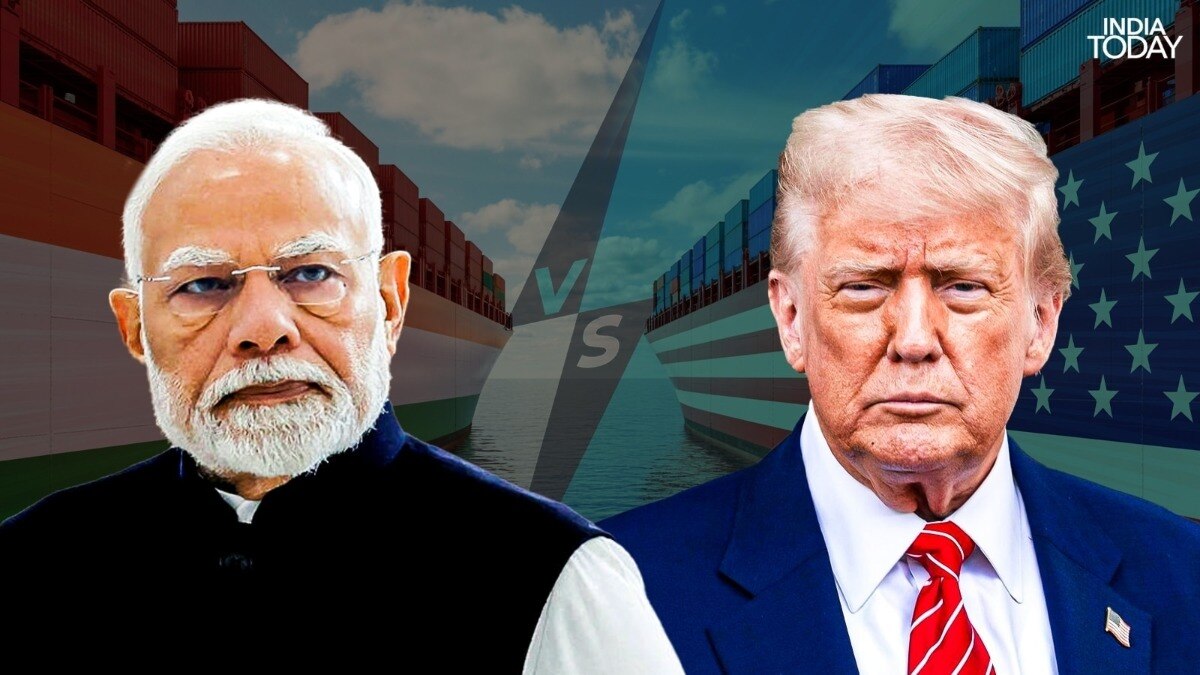Useful information
Prime News delivers timely, accurate news and insights on global events, politics, business, and technology
Useful information
Prime News delivers timely, accurate news and insights on global events, politics, business, and technology

The minister of the Union, Piyush Goyal, has expressed his confidence in the resistance of the United Indian relations despite the recent strains caused by the increase in rates. As the two countries continue negotiations on a bilateral commercial agreement (BTA), Goyal stressed the lasting force of the association, even in the midst of current geopolitical challenges. Their comments followed a period of augmented tensions after the United States imposed substantial tariffs on Indian goods, citing commercial imbalances and continuous oil imports from India in Russia.
The minister highlighted the ongoing discussions, noting that the bilateral trade agreement could be ended in November. This occurs after the criticisms of former President Donald Trump about India’s trade with Russia, which called “a unilateral disaster.” The negotiations have been underway since March, covering five rounds, however, recent developments saw the double tariffs of the United States at 50% at the end of August, which further complicates dialogue.
Goyal is still optimistic about the potential to overcome these obstacles. “There will be times when there may be certain blows in the relationship, but I think it is a very strong relationship. It can resist many storms and will continue to be a strategic friendship,” he said.
By discussing the broader context of trade negotiations, Goyal emphasized India’s active commitment to multiple global partners. “We have finished free trade agreements with Mauricio, the EAU, Australia, the members of the European Free Trade Association (EFT): Iceland, Liechtenstein, Norway and Switzerland. We have been negotiating with the European Union of 27 nations, the United Kingdom,” he said. This underlines India’s strategy to diversify its commercial relations in the midst of evolving global dynamics.
In the midst of these developments, Goyal said that “a little” of geopolitical problems has eclipsed commercial issues in negotiations with the United States. Despite these challenges, he hopes to conclude the BTA, illustrating India’s commitment to maintain solid international trade ties.
When reflecting on the past challenges, Goyal generated parallels at previous instances of diplomatic tensions, such as during the nuclear tests of India in 1998, which led to the sanctions of the United States. “The United States and India have been friends and allies for decades, but it has had their moments. For example, when we did the nuclear tests (Pokran-II) in 1998, the United States had put sanctions to India. But we could resist that storm,” he recalled. Such historical context offers a perspective on the lasting nature of the United Indian relations.
The recent imposition of tariffs is part of broader actions in the United States against several countries, and India specifically faces a total of 50% tariffs after their decision to maintain oil trade with Russia. These measures have caused a temporary setback in relations, but both countries continue to participate in the dialogue to find common land.
While conversations have seen delays, Goyal is still proactive about the progress of India’s commercial interests worldwide. “There are so many things happening and each relationship has its own strengths,” he said, indicating optimism for future bilateral and multilateral commitments. This feeling reflects the broader commercial strategy of India, which seeks to balance geopolitical influences with economic objectives.